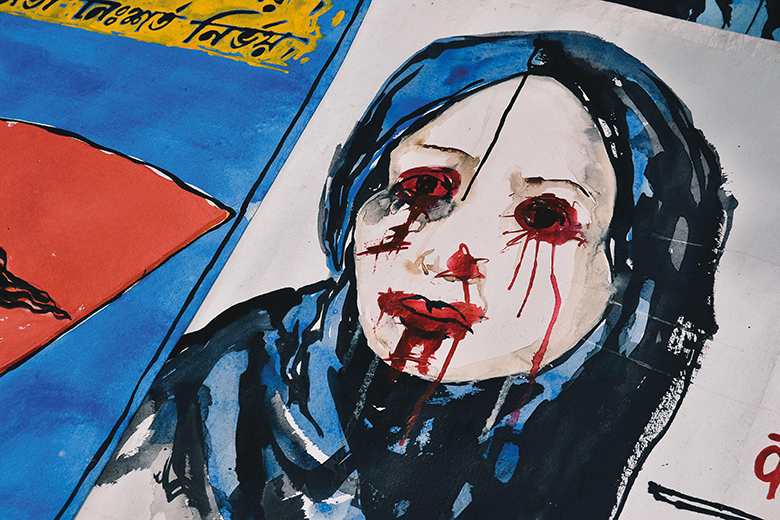While training courses and complaints bodies have been implemented across the subcontinent, their effectiveness in addressing harassment is widely questioned. Could more be done – or will female students and academics have to wait for a patriarchal generation to retire, asks Pola Lem
This September, hundreds of outraged students in the Indian state of Punjab took to the streets in a demonstration that would result in the week-long closure of a university.
The reported events and behaviour are simply shocking and sickening. What an invasion of personal privacy and decency. Circumstances like this are not a time for an institution to ‘circle the wagons’ and deny any culpability. Instead, they should be regarded as an opportunity to reflect upon the institution’s approach to professional development and guidance material concerning sexual harassment and personal privacy. Having great systems in this regard should be a component of an institution’s code of conduct for students and staff.
But the response prompted a huge backlash. “Instead of trying to assure us of our safety, the administration has been busy trying to salvage its image by denying anything happened,” one student told the BBC.
Whatever the truth of the incident, the emotion that it generates underlines what a sensitive subject sexual harassment and related issues have become in India. In another example from a month later, a video went viral showing male students scaling the gates and walls of a women’s college at the prestigious University of Delhi. Students later claimed the men cat-called and groped them, according to local media.



